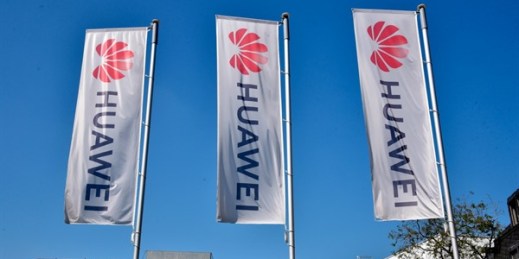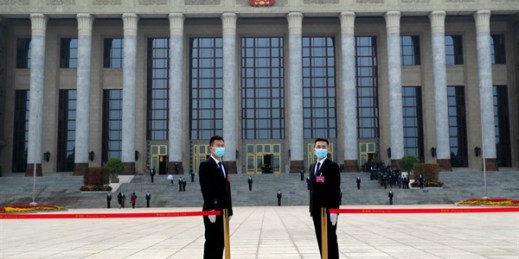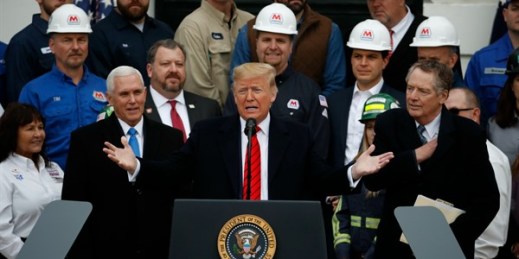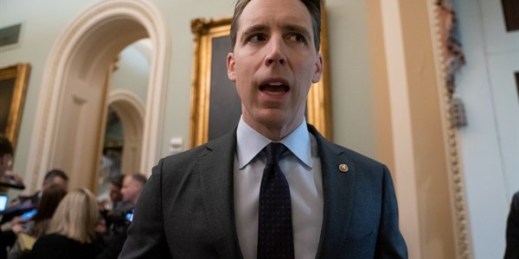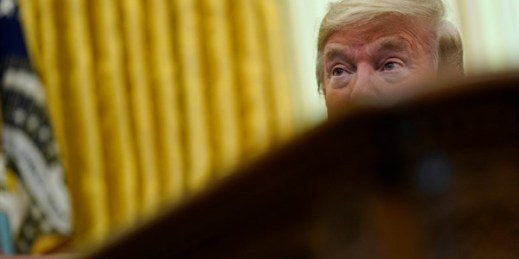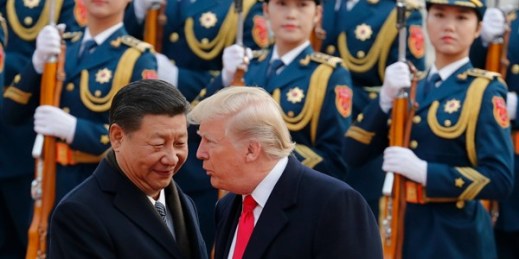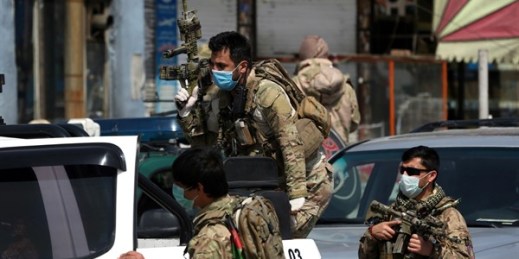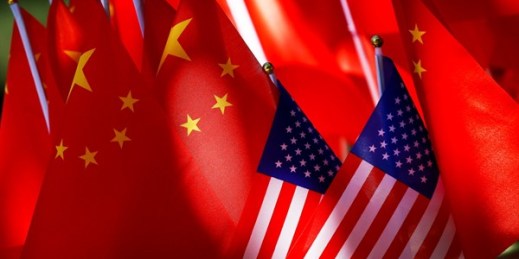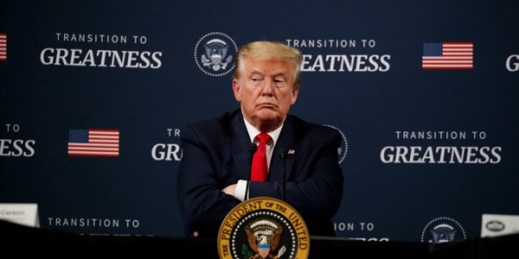
Six months after the emergence of the novel coronavirus in Wuhan, China, and four months after it became a global outbreak, its political and economic fallout continue to take shape. As government policies adapt and evolve in real time to the changing features of the pandemic, so too do the geopolitical implications. So far, three scenarios have been advanced with regard to COVID-19’s potential impact on the international order. They can be broadly characterized as a change at the top, in which a triumphant and capable China replaces the bungling U.S. as the world’s dominant power; a descent into multipolar […]

